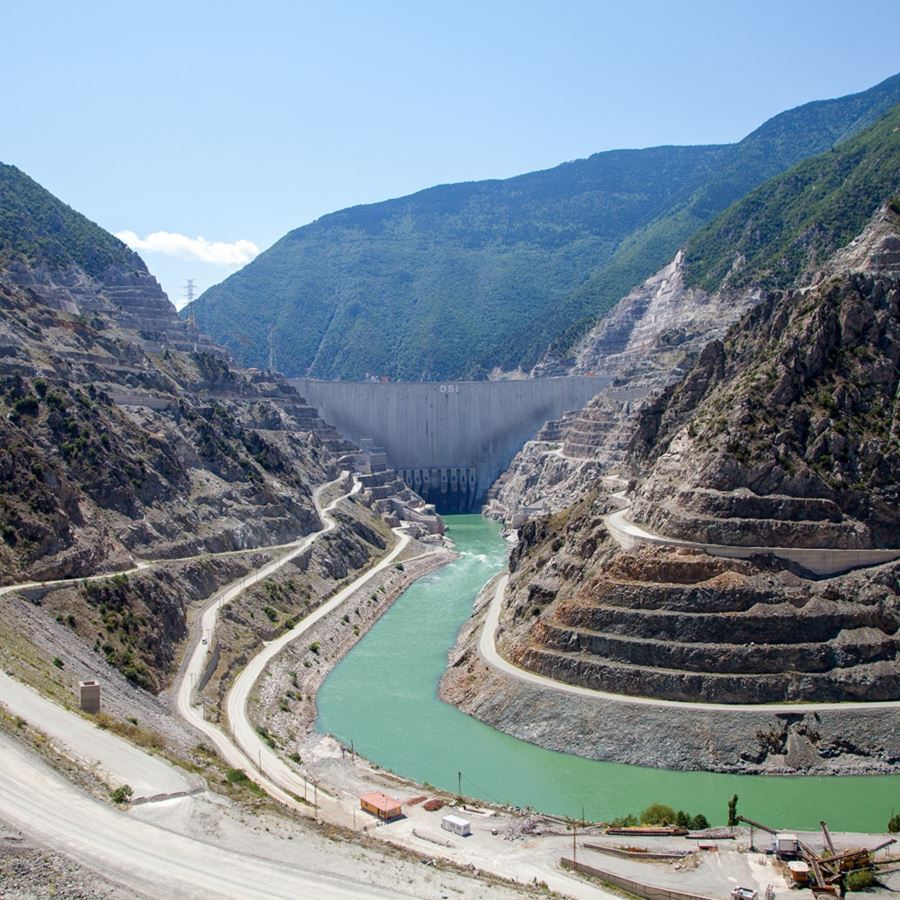Join the Centre for Research in Economic Sociology and Innovation for an insightful open seminar with Ayse Sargin.
Ayse Sargin is a PhD candidate in the Department of Sociology, and a member of the Human Rights Centre Doctoral Affiliates Network at University of Essex. She is also a Teaching Fellow in SOAS University of London. Prior to returning to academia in 2016, she has had over 10 years of experience as a critical development practitioner and a civil society activist. She is still involved in various rights-based movements.
Turkey has witnessed an unprecedented growth of state-commissioned, privately-undertaken hydropower generation projects from the mid-2000s onwards. The new hydropower generation projects were enabled through the lease of usage rights of rivers to companies, turning - erstwhile commons - rivers and riverbanks into private property. The projects threaten local livelihoods based on land and water, through dispossession and displacement due to water diversion or submergence of land. They, at the same time, signify a renewed thrust of neoliberal rationality into the rural landscapes, nullifying the locals’ customary relationship to the natural commons, and shifting the local, political-economic and social dynamics. Many locals affected by the planned projects have mobilized in grassroots resistance movements to stop them.
Resistances are built on cross-class alliances, and community- and place-based identities such as kinship, spatial belonging, and shared ethno-religious and political identities. Based on qualitative data gathered over 2017-2019 in Northeast Turkey, I will compare and contrast the prevailing ideologies of resistance to hydropower in three local communities diverse from each other in terms of their identities, political cultures and political-economic dynamics. I argue that while ideologies and political imaginaries enabling grassroots resistance to neoliberal energy policies are manifold drawing from various community- and place-specific identities, groups with similar class interests in different local movements share similar political imaginaries regarding the nature and breadth of movement demands.
This seminar is part of an open seminar series, hosted by the Centre for Research in Economic Sociology and Innovation.
To find out more about the centre, visit our website.


